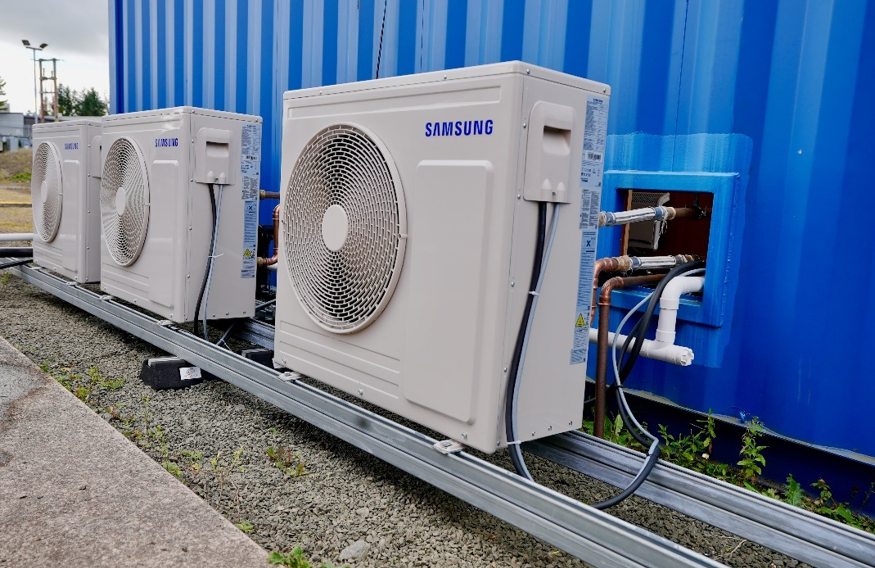Lithium-ion batteries are the most widely used type, from laptops to EVs, but solid-state sodium batteries could be a useful option, with sodium being somewhat cheaper and more plentiful than lithium.
This should make sodium batteries less expensive, potentially safer and with less supply risk, but processing issues mean mass production has been difficult.
However, Osaka Metropolitan University associate professor Atsushi Sakuda and professor Akitoshi Hayashi, both of the Graduate School of Engineering, have led a research team in developing a process that can lead to mass synthesis for sodium-containing sulphides.
Using sodium polysulfides (sulphides with two or more atoms of sulphur) as both the material and the flux, which promotes fusion, the team created a solid sulphide electrolyte with the world’s highest reported sodium ion conductivity, about ten times higher than required for practical use, and a glass electrolyte with high reduction resistance.
This newly developed process is useful for the production of almost all sodium-containing sulphide materials, including solid electrolytes and electrode active materials,” professor Sakuda said. “Also, compared to conventional methods, this process makes it easier to obtain materials that display higher performance, so we believe it will become a mainstream process for the future development of materials for all-solid-state sodium batteries.”
© 2019 Perspective Publishing Privacy & Cookies







Recent Stories